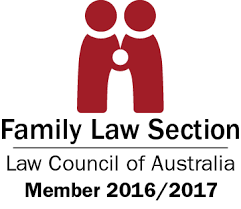Superannuation in Consent Orders
Superannuation in Consent Orders is considered a different type of property. It lets separating couples value their superannuation and split superannuation payments, it is not compulsory to split your superannuation.
Splitting your superannuation fund can not be converted to cash. It can only be transferred between superannuation funds unless you have reached the age of retirement.
Options for splitting Superannuation in Consent Orders
- Seek Consent Orders to split superannuation
- A formal written agreement requires that both you and your partner instruct a lawyer, who must sign a certificate, stating that independent legal advice about the agreement has been given this is known as a Binding Financial Agreement. This is in our opinion is not a cost effective solution.
- If you cannot reach an agreement with your former partner, seek a court order to split superannuation in this case Consent Orders are not a cost effect option.
How do I split my Superannuation in Consent Orders
-
Obtain valuation information
You need to understand the value of the superannuation entitlement. Most funds now can provide an valuation via their online portal. We suggest calling them for a current statement. If they are unable to do this you should provide the following forms to the trustee of the superannuation fund.
The Superannuation Information Kit provides the information and the forms you need, including:
- Form 6 Declaration
- Superannuation Information Request Form, and the
- Superannuation Information Form
The superannuation fund may charge a fee for providing the information, and this is paid to them when you send the forms.
-
Decide the method of splitting
Either enter into a formal written agreement or obtain a court order.
You get court orders about the division of property in two ways:
If you and your partner have reached an agreement, then Kate Austin Family Law will create an Application for Consent Orders and a minute of Order which will be filed in the Family Court The orders will then be made in chambers without either of you attending court.
Even if you have started proceedings, you can reach an agreement at any stage and once the orders recording the agreement are made you do not need to attend court further. Kate Austin will draft your agreement and file it with the Court on your behalf.








